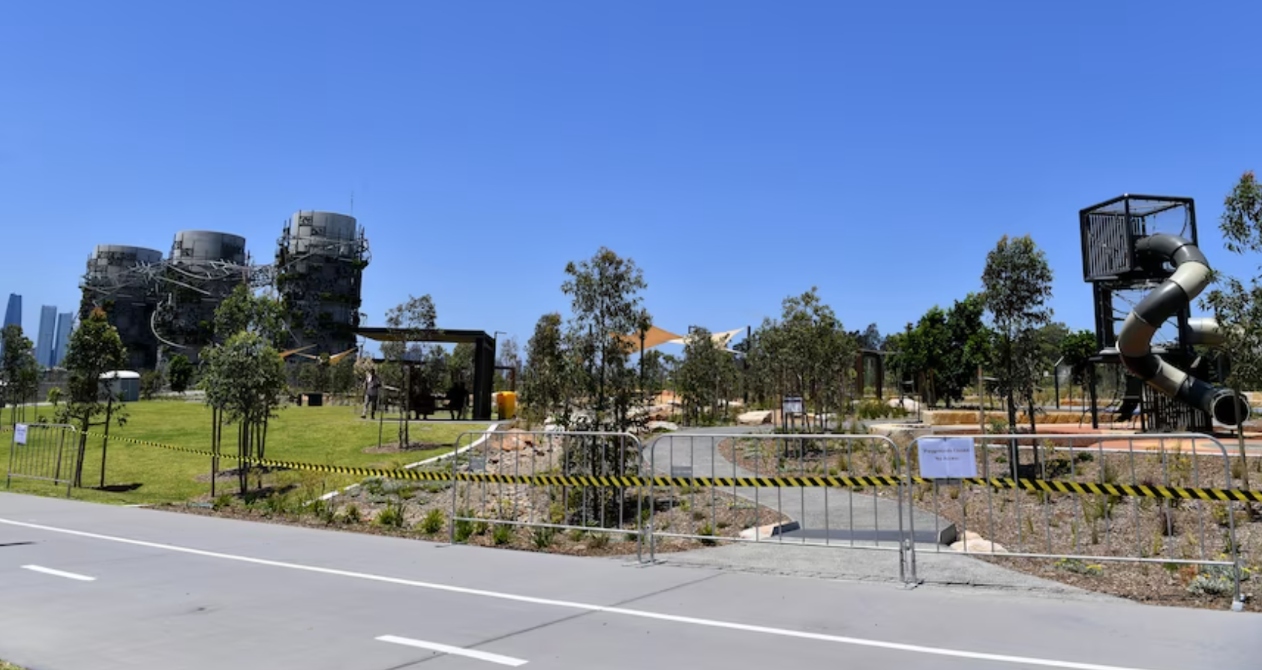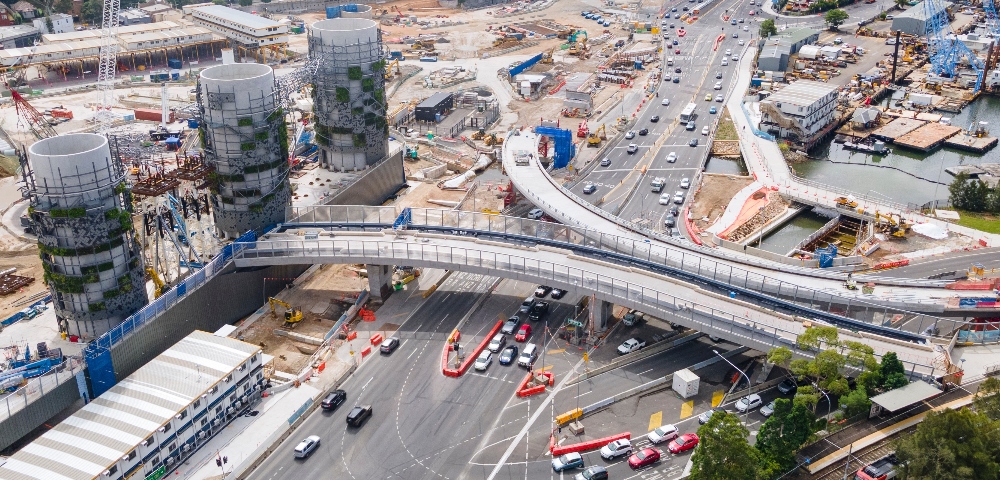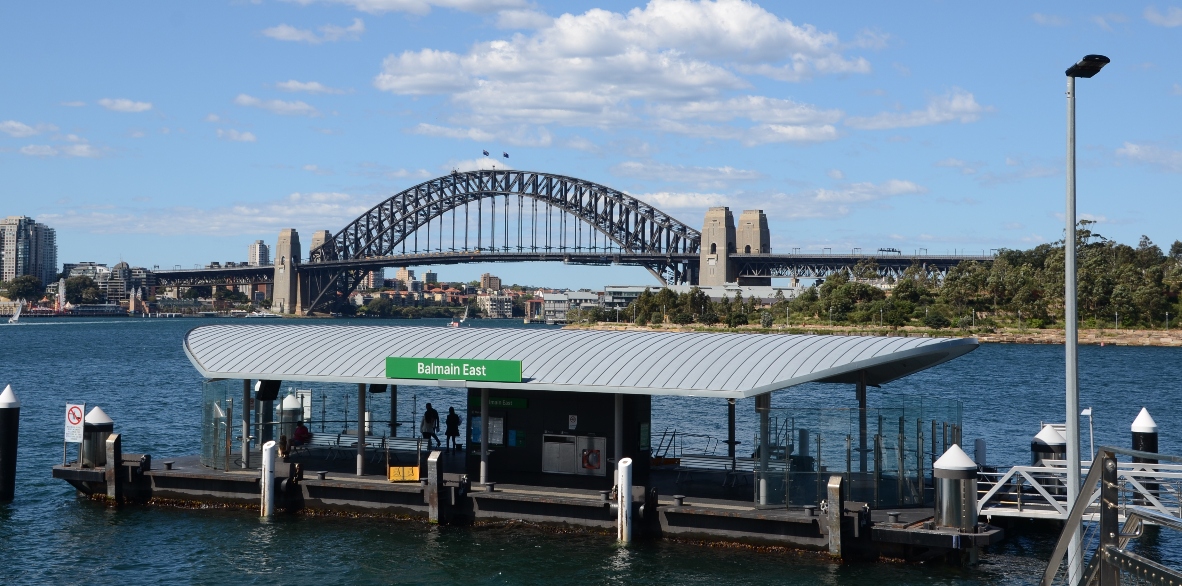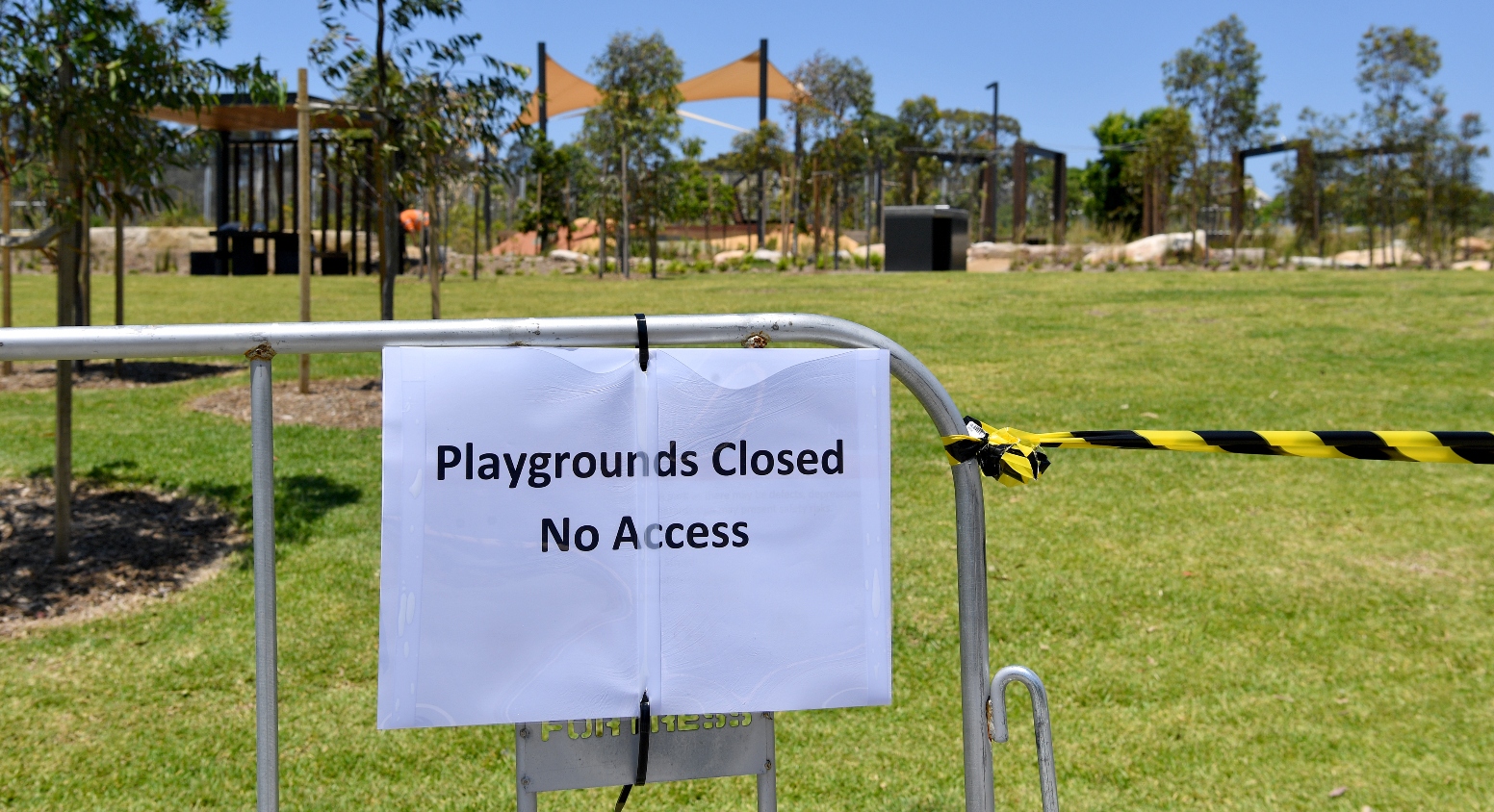
Nightmare on William Street

By Erika Echternach
While Anglicare’s latest rental affordability snapshot reported that less than one per cent of Sydney’s housing options were affordable for low-income residents, tenants on Leichhardt’s William St received an eviction notice this month.
Although some of the renters have lived in the bedsit units for over 30 years, they must now say goodbye to their homes within 60 days due to an apparent bid by a new owner to drastically increase rental prices.
One tenant, Reg, who has lived in Australia for 45 years and his unit for 20 years, is being forced to return to New Zealand because he has no family here to stay with. He is 90 years old and has recently been hospitalised twice.
Basil, a William St unit renter for 32 years, suffers from severe mobility impairment as well as vision and hearing loss yet must find a new suitable accommodation.
The Redfern Legal Centre is advocating for the evicted tenants and assisting them in applying for public housing.
Nicole Kennedy, the tenancy coordinator at Redfern Legal Centre, said the Centre was offering the tenants a range of services including negotiating with landlords to retain their housing or helping the tenants acquire new accommodations.
“Our goal at the end of the day is that everybody avoids homelessness,” Ms Kennedy said.
Although the bedsit units provided a roof over their heads, the tenants faced numerous maintenance issues during their time on William St.
Inner West Council Mayor Darcy Byrne noted the tenants’ strong ties to their homes saying: “They have for years put up with a dilapidated bedsit in order to maintain their place in the Leichhardt community amongst their family, friends and community on a rent they can afford.”
At times the repairs were somewhat addressed if not completely remedied. However, at other times the problems were not dealt with, meaning residents had no choice but to seek permission from the owner to complete upgrades that were not their responsibility.
“There is a gas leak that the tenants say still remains,” Ms Kennedy said. “There was some action by the landlord, but it hadn’t resolved the situation.”
As stated by the NSW Fair Trading guidelines, landlords are obligated to fix urgent repairs, such as gas leaks, but tenants are not permitted to stop paying rent under any circumstances without risking eviction even if the hazard is not attended to.
Additionally, despite whether or not a tenant has maintained their unit and paid their rent on time, “no grounds” evictions allow landlords to evict a tenant at the end of a fixed-term lease, or during an on-going lease, without giving any reason.
“Tenancy legislation in this country is far too heavily weighted in favour of landlords,” Cr Byrne said.
Ms Kennedy said it was difficult to give details about the legal recourse the Centre would take as the case was still in its early stages, but there would be an investigation into whether the eviction notices were valid.
After looking into the sale contract further and analysing possible terms of the eviction such as vacant possession, retaliatory or no grounds, Ms Kennedy said the Centre would be able to determine what type of legal action to seek.
Should the eviction be found valid and upheld the Centre will advise the tenants through the relocating process, although Ms Kennedy said the options would be limited because there’s currently not much on the market to rent for a similar price as the units.
However, Ms Kennedy said a no grounds eviction might grant the William St tenants the opportunity to negotiate with housing and transfer to social or community housing in NSW, though there are substantial waiting lists to get into subsidised housing.
Cr Byrne considers the tenants being allowed to remain on William St the most desirable outcome.
“We are doing our utmost to press for priority public housing assistance for these tenants, but what they really want is to stay in their homes,” Cr Byrne said.
Ms Kennedy explained that many of the William St renters were elderly, had serious health issues or lived on pensions, making it more difficult to find affordable housing in Sydney.
“That’s really the crux of why it’s such a big thing for these people to be having to try and find somewhere else to live,” Ms Kennedy said. “It’s a difficult place to find a rental property even if you’re on a large income and it becomes harder the less your income is.”
In the last quarter of 2016, the Greater Sydney area had the worst rent affordability nationally after taking average weekly household income into account. The 2011 median weekly household income in Greater Sydney was $1,477 per week with the median weekly rental payment at $474, meaning a third of Sydney-siders’ income was spent on housing.
According to a McCrindle Research study, the high cost of living has put residents under financial stress, causing some people to regularly skip meals in order to pay their rent.
“As house prices become more astronomically unaffordable, more and more people are renting – and most are vulnerable to eviction at any time,” Cr Byrne said. “Tenants desperately need more protection.”
Cr Byrne may recognise the need to protect renters, but the NSW Government decided in late May to sustain no grounds evictions, indicating tenants would have to wait longer to see their rights elevated.









